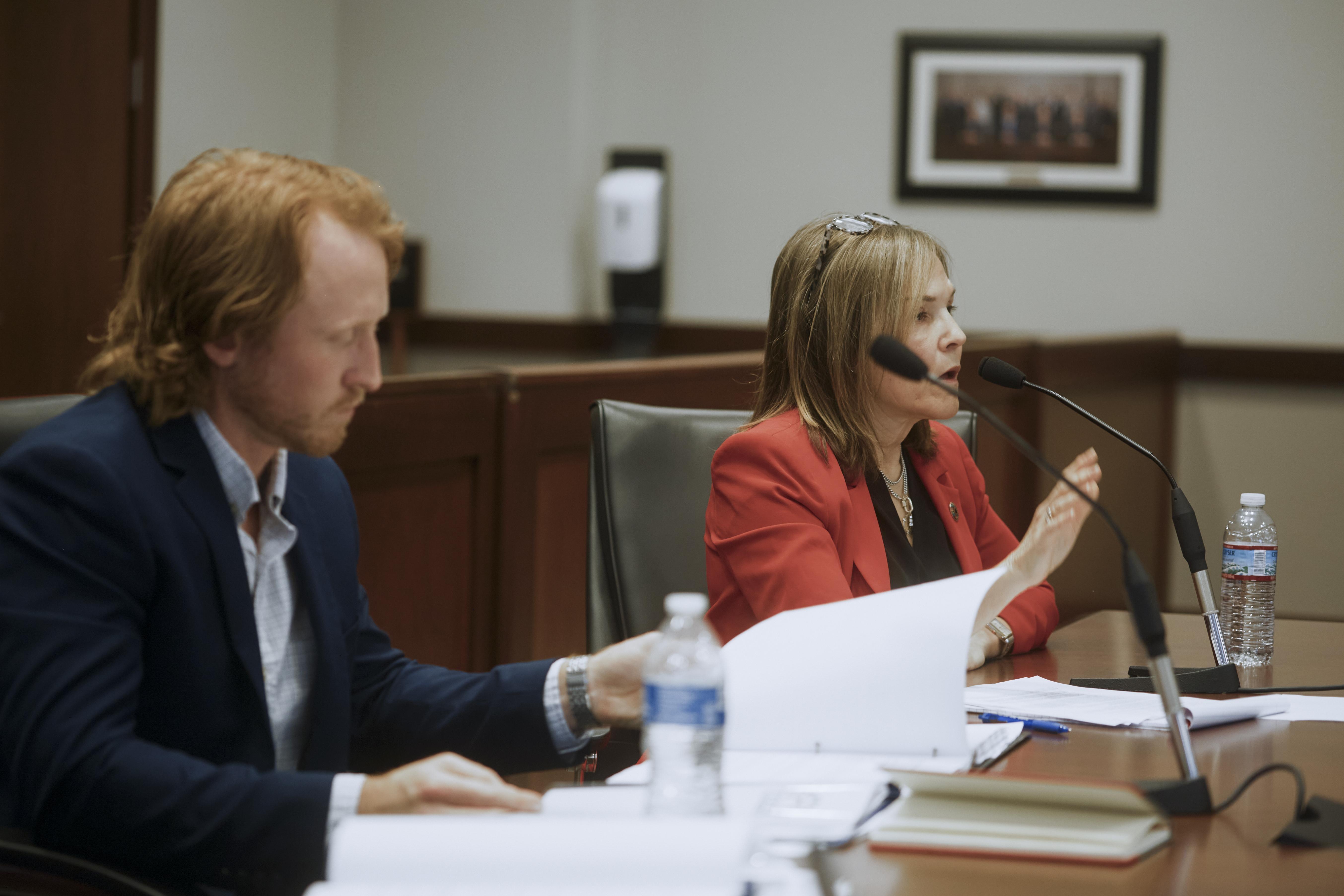During the agency’s budget hearing before the Senate Appropriations Committee last week, CPS Commissioner Andrea Sanders told lawmakers that 450 more children are in state custody now than there were in June 2023.
“My budget's being eaten up very rapidly now by kids who have huge, demanding needs,” Sanders said.
Sanders did not give a reason for the surge, but says it wasn’t anticipated and isn’t happening in neighboring states. The cost of caring for these children has caused CPS to run up a nearly $33 million deficit the agency is now asking lawmakers to cover.
There are not enough foster homes in the state for the thousands of children who enter state custody and need a new permanent home. They are placed in hotels until one is found, and those boarding costs are a massive expense for the agency.
“My staff are staying around the clock, sometimes on shifts, with children for lack of anyone to be with them,” Sanders said.
This patchwork system, managed by an under-resourced agency, has led to high rates of neglect and abuse of children in state custody.
Another reason for CPS’ budgetary shortfall is a spike in the number of children having to be sent out of state for needed care after in-state options have been exhausted. Sanders thinks that the state needs to build up capacity for intensive, long-term treatment for children with highly specialized needs, like those with severe autism or who’ve experienced repeated sexual abuse.
“We do lack the specialty areas of care, and I think that we lack facilities who have adapted their medical model for kids who've had repeat trauma,” Sanders said. “This is a kid, generally, who has either been in multiple placements or been in a very hard home life.”
While CPS can’t control how many children enter state custody, the agency is asking lawmakers for additional funding to hire more case workers and attorneys in an effort to shorten how long it takes to move a child through the system.
Sanders says children stay in state custody in Mississippi an average of six months longer than in surrounding states, and having more state attorneys in the courtroom could help shorten that gap.
“If we can file a motion for and ask for a hearing four months in, we've saved two months of time that that child has sat in custody when they could have gone home or they could have moved through the process more quickly,” Sanders said.
Shaving just one month off the time a child stays in state custody would save the agency $14 million per year, according to Sanders.





